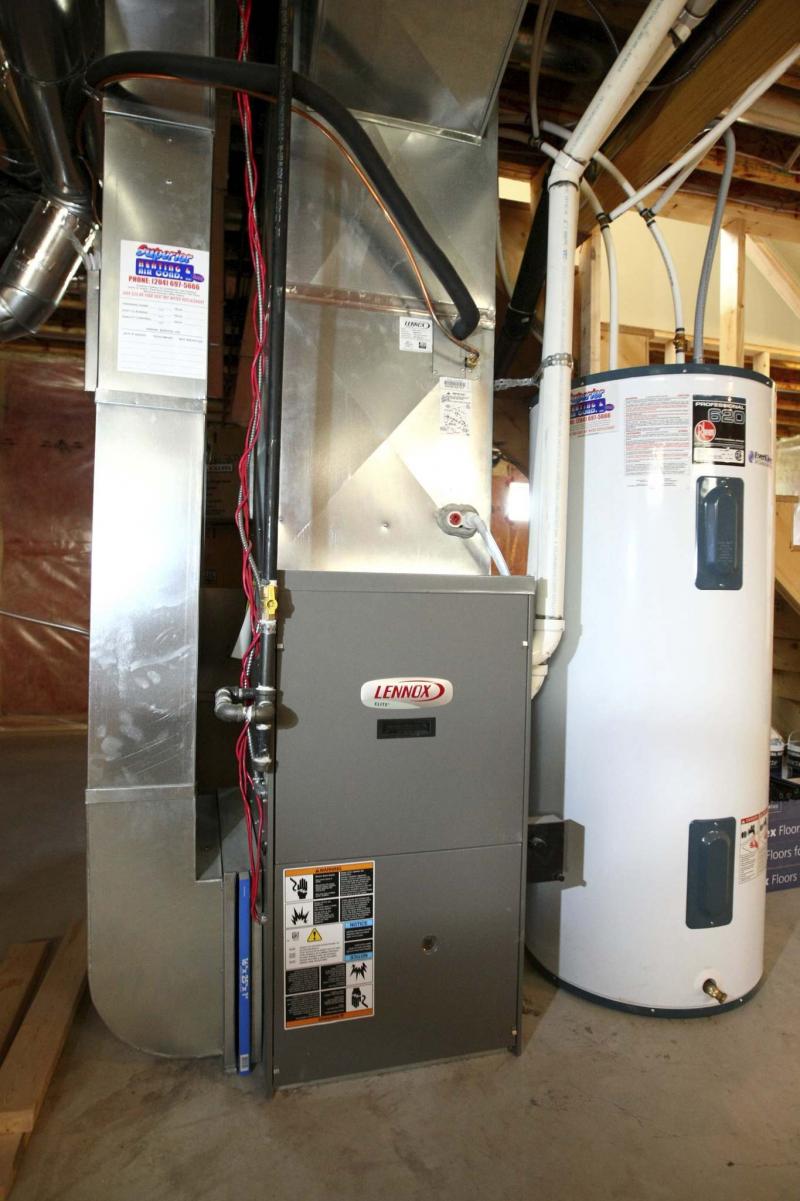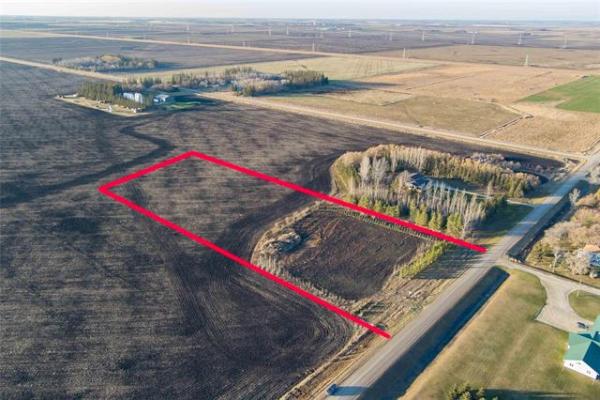
TREVOR HAGAN / WINNIPEG FREE PRESS files
Question: Our hot water tank is approximately 12 years old. No leaking, but sometimes we have the feeling that we don’t have enough hot water. We don’t have a dishwasher so I assume we use a lot of hot water to wash dishes manually. Do you recommend we replace it before we begin facing some problems? It was a rental by Hydro and a few years ago they "moved" the ownership to us.
If yes, what type of contractor would you recommend to do this?
— Moshe Kempner
Answer: Older water heaters can be a regular source of anxiety for homeowners, as they may leak at any time, causing moisture damage to surrounding materials. While it may seem prudent to change your unit when it reaches the normal life expectancy, it could be a waste of money, as several more years of active service may be possible.
It is quite common for home inspectors and some trades people to regularly estimate the life expectancy of a typical water heater. While the average lifespan may be estimated at anywhere from six to 15 years, it may vary greatly because of several variables. Older water heaters, particularly U.S.-manufactured units from the 1990’s and earlier, normally are long gone, as they regularly became worn out in the six-to-10-year range. Some better-quality units of the same vintages, often of Canadian manufacture, could last 15 to 20 years. Regardless, an average of 10 to 12 years can be expected of most natural-gas-fired water heaters.
Some of the variables that can come into play are frequency of usage, type of heating source, temperature settings and of course water quality. The first thing to determine is if your water heater is gas-fired or electric. Natural-gas water heaters will have a round metal vent coming from the top and a noticeable noise will be heard from the burner when it fires up. This may vary slightly if you have a true high-efficiency model, but these are rare in our area because of the low cost of gas. Electric water heaters will not have a vent and simply an electrical wire running to a junction box area, normally near the top of the tank.
Electric water heaters will usually last longer than natural gas or LP, because of the nature of the heating source. Gas-fired models will have the burner located near the bottom of the unit, directly heating the underside of the water tank. Because this burner is in close proximity to the tank, corrosion and deterioration of the tank will occur. Once this reaches a critical level, the tank will leak. When this happens, it may not only extinguish the pilot light, rendering the tank useless, it may also allow minor flooding from the water in the tank. Electric water heaters simply have elements inside the tank, which heat the water directly, preventing direct damage to the tank itself.
If you are considering replacing your water heater to prevent possible leakage and water damage, there is a more cost-effective way to prevent this. You can drain your tank and install a plastic or aluminum drain pan under the entire unit. These inexpensive pans can be found at all home centres and come with a hole or drain plug at one end. Attaching a hose to this fitting and terminating it in your basement floor drain or sump will prevent overflowing of the drain pan, should a complete breach of the water tank occur. This will be a much less costly alternative to a new water heater. Care must be taken to shut of the pilot light, or the circuit breaker, prior to draining the tank to prevent damage.
Replacing your older water heater if you are not getting maximum performance, or a lack of sufficient hot water, makes more sense than doing it simply because it is old. If you have a smaller electric model, it may take quite some time to reheat the water once drained. Installing a larger capacity unit should eliminate this concern, with only minimal extra utility costs, as the newer unit should be better insulated than your older model. If your unit is natural-gas fired, larger capacity may not make that much difference, as these reheat the water quite quickly. In that situation, turning up the water temperature control slightly may satisfy your needs. Be careful not to turn the dial too high, as scalding potential increases directly with water temperature.
The last things to take into consideration are how much you use the water heater and whether the water in your area has a high or low mineral content. If your home has only a couple of occupants, water heater use may be low. If you have a large family, particularly with older, active children, the heater may be in constant use as showers and washing-machine use is more frequent. Especially with gas-fired models — the more they fire, the quicker they burn out. In that situation, installing a larger unit may be a good idea. If you have hard municipal water in your area, or untreated well water, your tank life may be much more limited than in areas with soft municipal water sources.
Replacement of an older water heater, simply due to age, may not be a wise use of home renovation funds, dependant on several variables. If you have a heater that is moderately used, in an area with good water quality, installation of a drain pan to prevent leakage may be a better idea, until the unit finally packs it in. If the older unit is over-taxed because of usage or hard water, upgrading by a licensed plumber may be in order.
Ari Marantz is the owner of Trained Eye Home Inspection Ltd. and the past president of the Canadian Association of Home & Property Inspectors — Manitoba (cahpi.mb.ca). Questions can be emailed to the address below. Ari can be reached at 204-291-5358 or check out his website at trainedeye.ca.
trainedeye@iname.com



